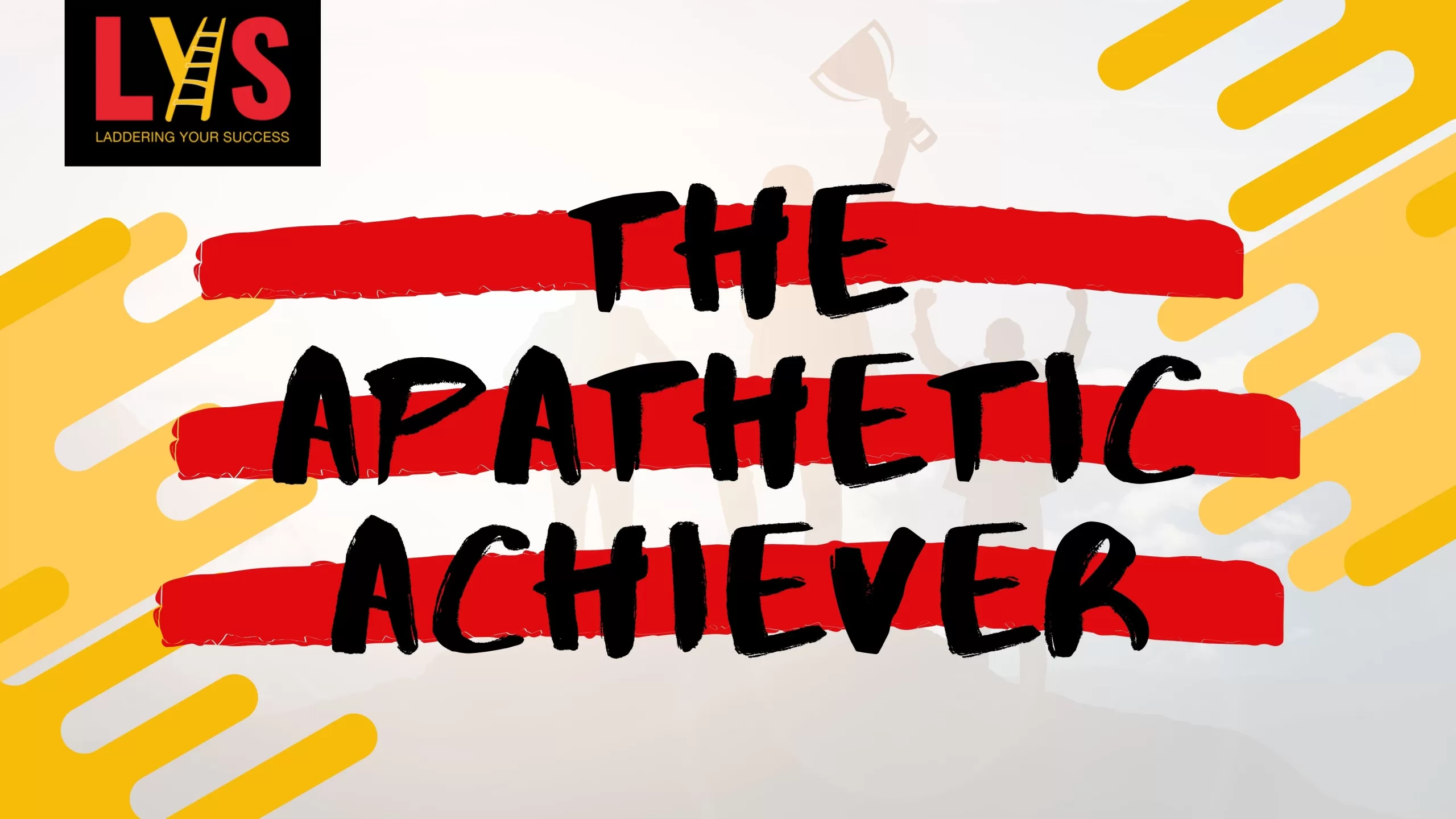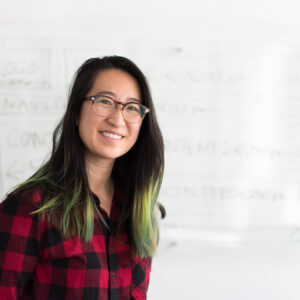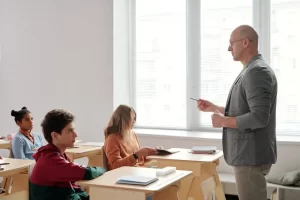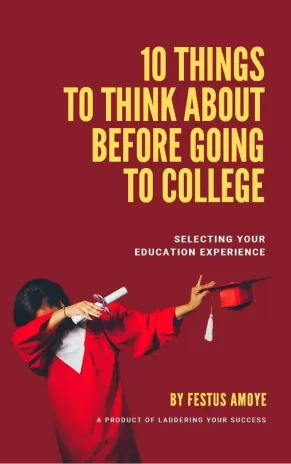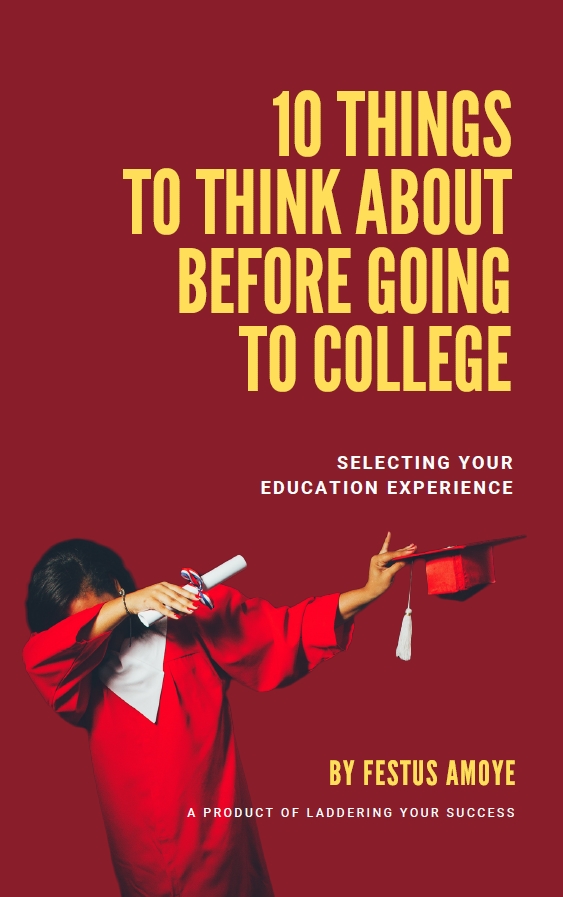Apathetic achiever. These are two words that don’t mix well. How can you achieve and be apathetic? Well, that is the case for many of our students. It’s not that they have low goals. It’s that their apathy for the society that they’re looking at does not fit the goals they have for themselves. In this blog, we will explore what an appetite-apathetic achiever looks like and what educators, parents, ministration, and community members can do about it.
A brilliant mind with lazy hands. Or that’s what it seems. Often, students who are brilliant but misguided seem not to be doing anything with their creativity and genius. This is often how parents look at their children. Or how teachers look at that student who sits in the corner and can do brilliant work at a moment’s notice but otherwise turns absolutely nothing in on time and without provocation.
The reality is many of these students look out at the world that is telling them to do this or do that and see the frustration in the lives of the adults who are telling them to do the same things that frustrate them. They see the lunacy in perpetuating systems and programs that only bring on debt and grief.
They see the lunacy, and they want nothing to do with it. So they tune out. They play video games, listen to music, and enter a digital reality world. So much so that Facebook wagered its future on it as it Changed its name from Facebook to Meta and created the metaverse.
Educators, parents, administrators, and community members need their children and students to be engaged in the real world. This is where Hands-On Learning and mentorship become vital. It is critical to show students how to turn their dreams into tomorrow of unlimited possibilities now. Then, show those students how to turn those dreams and unlimited possibilities into real dollars by solving real-world problems. Here are three ways that can be done:
- Out-of-school mentoring programs can be challenging because of logistics and responsibility. However, in public, private, and social entrepreneurship models, community members and businesses can come together to solve the apathetic achiever’s challenges. Businesses need employees who can help the bottom line. Employees need employers who can show them through various methods how a career in that field can be rewarding. Often, the gap in a rewarding career is the educational debt burden.
- Career and college readiness training – students need to know they can go to school without heavy debt burdens. This is the lunacy many students are trying to avoid. They see their parents, and other relatives who have tried to go the academic round and have very little to show for it except for significant Burns of student loan debt. Students realize they cannot rely on the government to solve this problem. This problem is so big that Divine Administration made it a key promise in the 2000 election, which they have yet to deliver on for many Americans.
- Robust community initiative – life can seem empty without others to share it with. This is where a robust Community is critical. Many students are finding their communities online, which Turns them out to change their current reality. And this can be disastrous as students age out of the system. So schools need to start early, helping bring about the romance robust Community Systems that will support students even in middle school. Many of these students who aren’t embraced by the community with support do not see themselves in that community in the future, which can lead to destructive behavior patterns.
Without engaging the apathetic achiever’s need for out-of-school mentorship programs, career and college readiness training, and robust community initiatives, Schools will continue to falter at their long-term goals of creating lifelong learners. This is one of the reasons we created Laddering Your Success as a Houston, Texas-based social-profit organization focused on partnering with schools, educational institutions, and community organizations to help students turn today’s dreams into a future of unlimited possibilities. Our purpose is to create a future where first-generation, minority, underserved, and non-traditional students can easily access knowledge, tools, resources, and life skills to create, select, and live a productive and healthy life – from high school to college and beyond.

